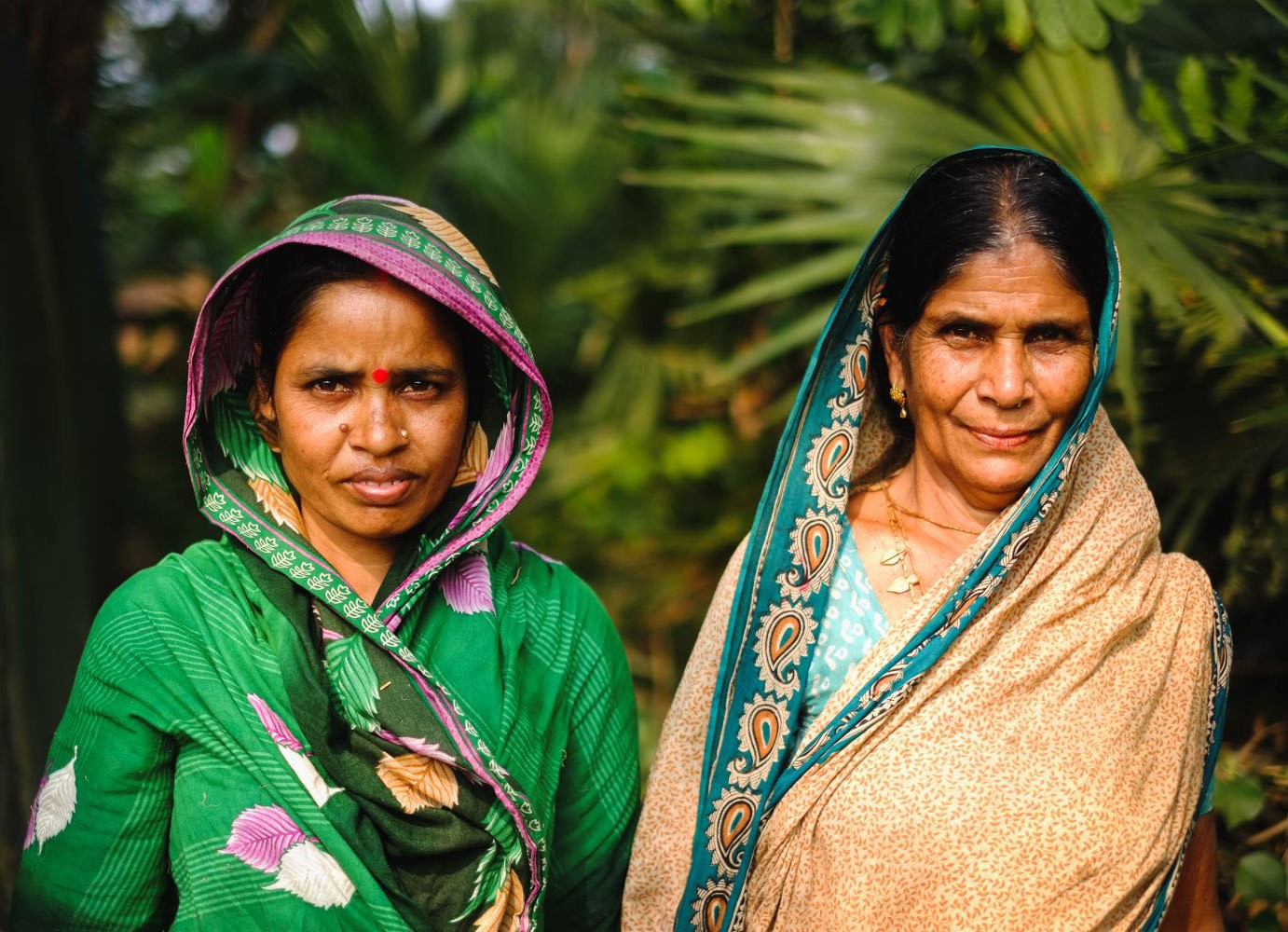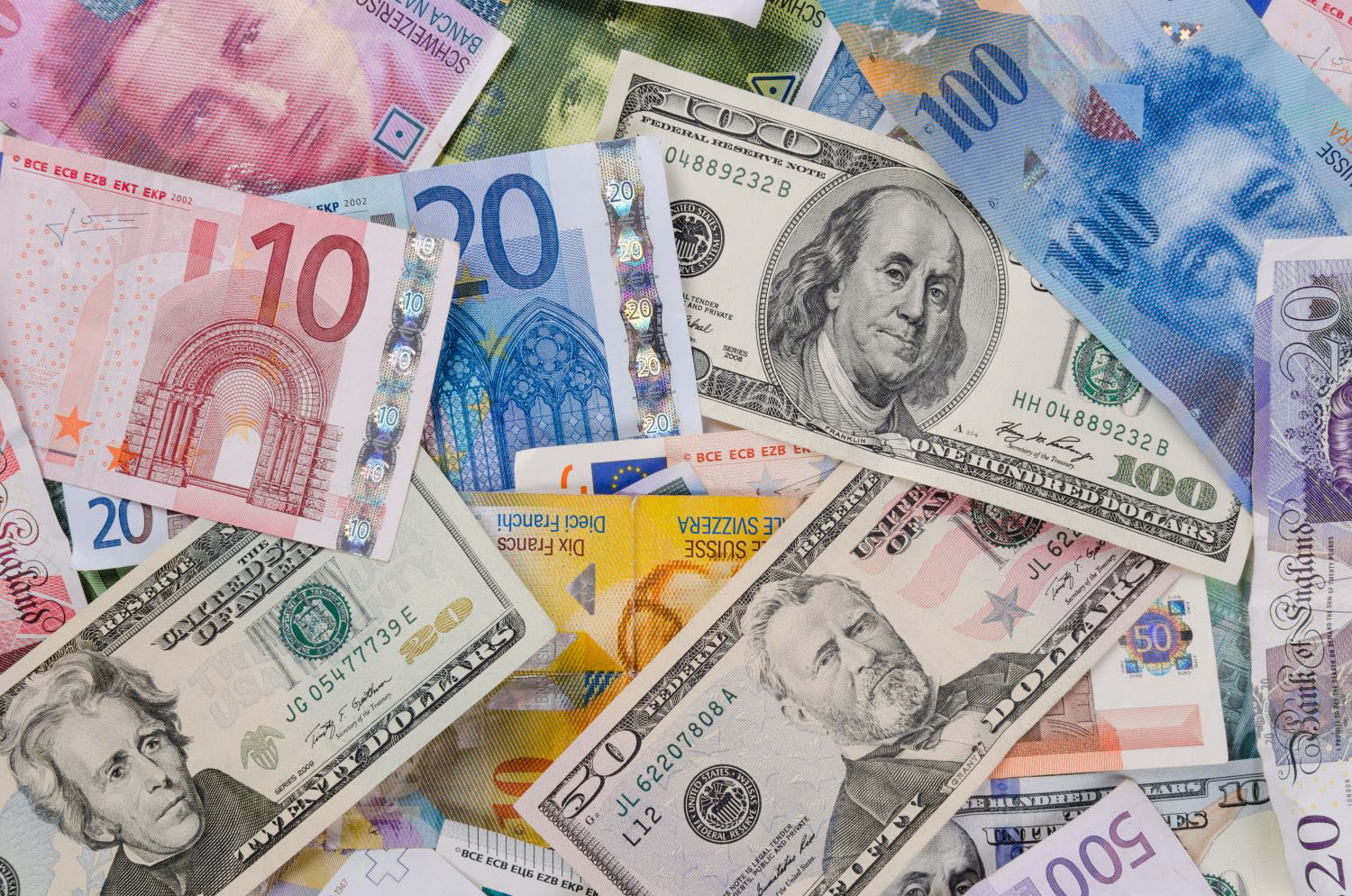The latest –and last-- UN report on the status of progress towards the Millennium Development Goals is full of glowing words about their impact. Ban Ki-Moon argues in his preface that:
“The global mobilization behind the Millennium Development Goals has produced the most successful anti-poverty movement in history…. The MDGs helped to lift more than one billion people out of extreme poverty, to make inroads against hunger, to enable more girls to attend school than ever before and to protect our planet… the MDGs reshaped decision-making in developed and developing countries alike”
It isn’t just Ban: “the MDGs have saved the lives of millions and improved conditions for many more” suggests the report. When it comes to ‘key messages’ we get: “[d]ue to the MDGs, the proportion of undernourished people in developing regions fell by almost half since 1990,” and the “MDGs notably increased the literacy rate among youth globally,” and the “MDGs were most successful in the reduction of child mortality” and “[l]ower infection rates … prove that the MDGs work to defeat diseases.”
The report does chronicle the heartening progress we’ve seen globally over the past twenty five years –an extreme poverty rate in developing countries that has dropped from 47 percent to 14 percent, and under-five mortality rate that has fallen from 9 percent to 4.3 percent, representing millions of lives saved a year, for example.
But what the report does not provide is evidence that the progress is a result of the MDGs. How we get from a non-binding declaration of World leaders in 2000 to progress over the next fifteen years is left almost completely unexamined. Instead, UN leaders simply assign a huge share of the credit to the Millennium Goals based on the age-old logical fallacy post hoc ergo propter hoc.
I think the available evidence is consistent with a story which suggests the MDGs did make a marginal difference to rates of progress over the past fifteen years, and that makes the goal-setting exercise worth a repeat. But by taking so much credit for the MDGs, the UN takes credit away from others: the parents in developing countries who sacrificed earnings to send their kids to school and to get them vaccinated; the governments that provided those services, the entrepreneurs who built up firms and created jobs and so on. And by exaggerating the success of the MDGs, that downplays the disappointments: not least the stuttering progress on delivering global policy reforms in areas like duty-free quota-free access for goods from LDCs.
That misplaced credit and overblown success matters in the future. By suggesting the MDGs achieved so much, Ban Ki-Moon is implying the Sustainable Development Goals can achieve even more. That’s how we get to excessively optimistic zero goals backed up by well-spirited but largely toothless language on global cooperation for development.
World leaders coming together this September in New York to agree on an ambitious targets for global progress shouldn’t think setting targets alone makes much of a difference to anything. What will make a difference is if they go back home after signing the SDGs and enact the policy and budgetary reforms necessary to drive development progress, and if they open up to trade, investment, technology and migration flows especially with the world’s poorest countries. That should be the message of the past fifteen years –not “UN Declarations = Global Development.”
CGD blog posts reflect the views of the authors, drawing on prior research and experience in their areas of expertise.
CGD is a nonpartisan, independent organization and does not take institutional positions.





